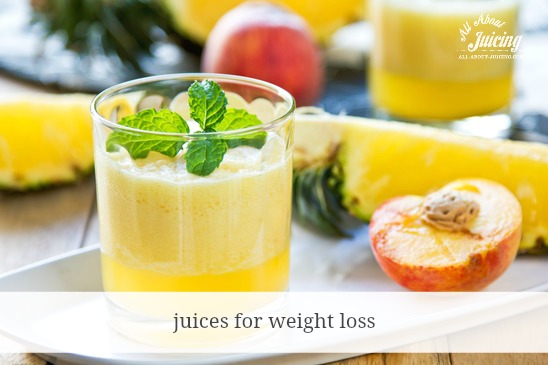By LIA MILLER

Andrea Frazzetta/LUZphoto for The New York Times The Ikarian diet: Vegetables from the garden, legumes and greens, and plenty of olive oil.
If you want to live as long as the inhabitants of Ikaria, whom Dan Buettner wrote about in this Sunday’s magazine,
you might want to start by eating like one. Don’t be daunted by their
habit of walking out into the fields and returning with what Buettner
describes as “handfuls of weedlike greens.” Unless you are an extreme urban forager or Dan Barber , it’s not necessary. There’s nothing here that isn’t in the supermarket or your local farmers’ market.
you might want to start by eating like one. Don’t be daunted by their
habit of walking out into the fields and returning with what Buettner
describes as “handfuls of weedlike greens.” Unless you are an extreme urban forager or Dan Barber , it’s not necessary. There’s nothing here that isn’t in the supermarket or your local farmers’ market.
And don’t forget the wine! (For the
flavonoids, of course.) Though Ikarian wine is hard to find in the
United States, consider rounding out the meal with a good red like Frank
Cornelissen’s from Mount Etna, which was recently called “some of the most natural in the world” in our Oct. 14 Food & Drink issue.
flavonoids, of course.) Though Ikarian wine is hard to find in the
United States, consider rounding out the meal with a good red like Frank
Cornelissen’s from Mount Etna, which was recently called “some of the most natural in the world” in our Oct. 14 Food & Drink issue.
Make sure to stay up late and take naps after lunch, too.
Here are three recipes by Athina Mazari, the cook at Thea Parikos’s Inn in Nas, Ikaria.
Bean Stew1 pound of black-eyed peas
1 medium onion chopped
Freshly grated or chopped tomatoes, according to taste. (From Thea: We usually don’t make this with a lot of tomato.)
3 leaves of kale
3 tablespoons chopped parsley
1 chopped carrot
1 tablespoon chopped dill or fennel
olive oil
salt, according to taste
Put beans in the pot, cover with water and
bring to boil. Strain the beans and cover with water again. Cook over
medium high boil until they are almost cooked, about 1½ hours. Add the
vegetables and herbs. When the beans are done, add salt to taste. Turn
off the heat and add 2 tablespoons olive oil.
Pumpkin or winter squash pie2 tablespoons coarsely chopped parsley
One-half pound coarsely chopped spinach
2 tablespoons coarsely chopped dill
2 tablespoons coarsely chopped mint
2 chopped onions
1 pound cubed pumpkin or winter squash
Savory pastry dough*
Sauté all ingredients with a little olive oil
(enough to cover bottom of pan) until soft. Add 1/2 to 1 teaspoon of
salt. Brush the bottom of a baking dish with olive oil. Put one piece of
pastry dough on the bottom; add filling, cover with the other piece of
dough. Brush with a little olive oil. Slice the top into desired
portions, just enough for the dough to separate. Cook and enjoy!
*The dough is similar to pizza dough. Thea says they make it with flour,
olive oil, water, a little salt and a little yeast and knead it for
about ten minutes.
SoufikoOlive oil
2 medium eggplants coarsely cubed
2 coarsely chopped potatoes
2 zucchinis coarsely cubed
2 green peppers coarsely cubed
2 medium onions coarsely cubed
1 or 2 large ripe cubed tomatoes
Salt
OreganoIn medium to deep frying pan put enough olive
oil to cover pan. Add vegetables and a little salt. Cook covered on a
very low fire. Approximately 20 minutes cooking time. When done sprinkle
a little oregano and raw olive oil.
At the end of the day, though, it’s natural
to wonder whether the good health of the Ikarians may have as much to do
with what they’re not eating. As Gary Taubes, a journalist who often writes about science and nutrition (and who wrote a 2011 cover article for the magazine on the case against sugar), says in Buettner’s article, “Are they doing something positive, or is it the absence of something negative?”
to wonder whether the good health of the Ikarians may have as much to do
with what they’re not eating. As Gary Taubes, a journalist who often writes about science and nutrition (and who wrote a 2011 cover article for the magazine on the case against sugar), says in Buettner’s article, “Are they doing something positive, or is it the absence of something negative?”


Michael Turek Inside the kitchen at Thea Parikos’s Inn.
